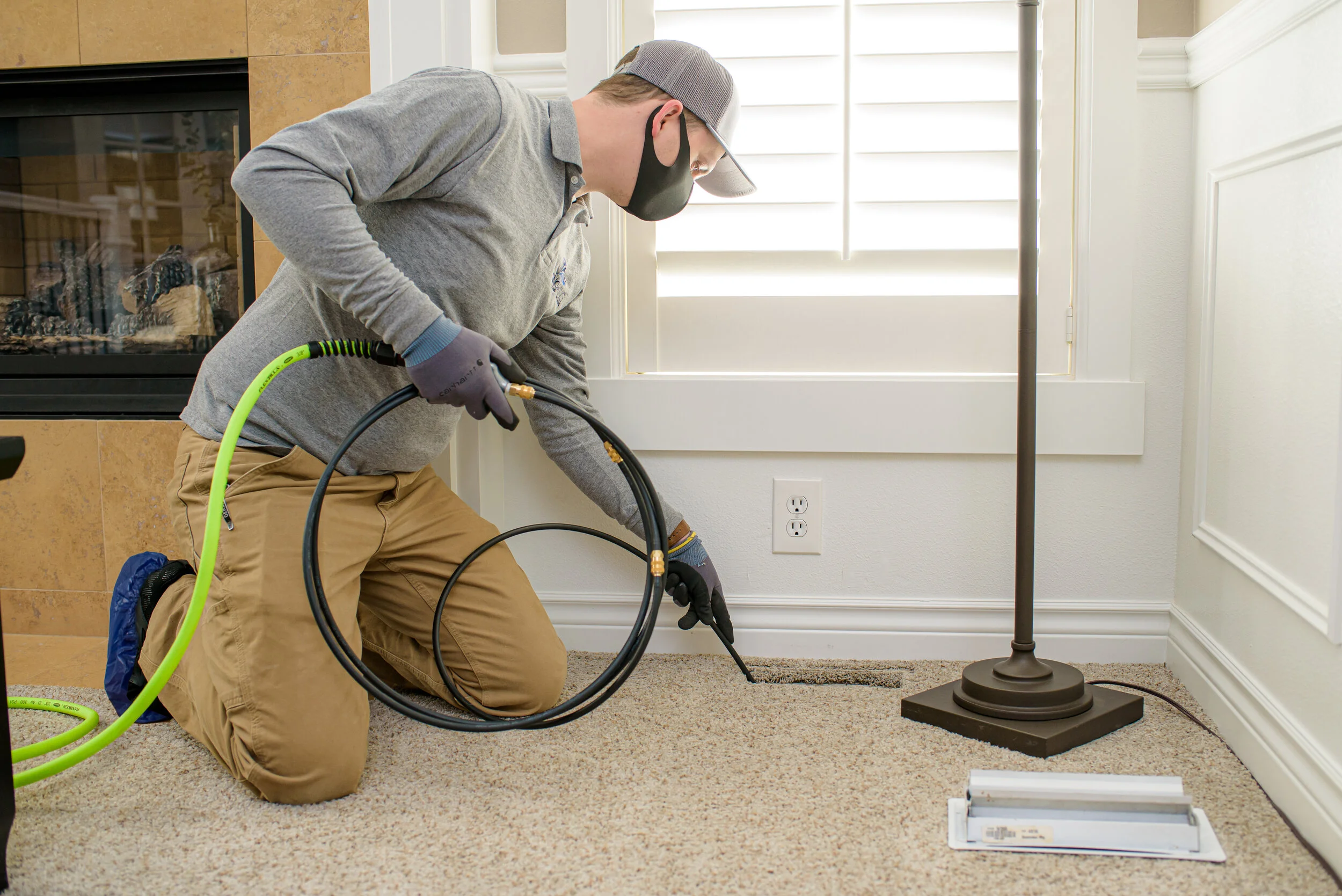In the current rapid environment, establishing a comfortable residential and home space is essential for both efficiency and well-being. This is the point at which HVAC units serve a vital role. Learning how to improve your HVAC system can make a substantial difference in your comfort levels, utility costs, and general indoor environment. Whether you are a resident looking to enhance your climate regulation effectiveness or a business owner wanting to create a positive work environment, knowing the ins and outs of your HVAC system is crucial.
The following guide will take you through all you need to learn about HVAC systems, from fundamental concepts to sophisticated strategies for optimization. We will address common problems and their remedies, maintenance suggestions for keeping your system operating effectively, and how to choose the right system for your particular demands. Equipped with the right information, you can make certain your HVAC system plays a role to a healthy and inviting environment while also being energy efficient.
Comprehending Heating, Ventilation, and Air Conditioning
HVAC refers to a comprehensive system. It is a detailed framework made to ensure thermal well-being and appropriate indoor air quality. Comprehending how these systems operate can assist homeowners make informed decisions about their heating and cooling needs. A properly functioning HVAC system is crucial for keeping a cozy living environment throughout the year.
At its essence, an HVAC system works by utilizing various components, including furnaces, cooling units, heat exchangers, and ventilation systems. These parts work in unison to manage indoor temperature and moisture while guaranteeing proper ventilation. Understanding how these parts work together can help you troubleshoot common concerns and enhance system performance. This relationship underscores the significance of understanding both the individual parts and the entire system.

Consistent maintenance is crucial to the durability of HVAC systems. Routine maintenance tasks and prompt repairs can prevent minor issues from becoming major difficulties, ensuring that your system runs smoothly and correctly. By familiarizing yourself with the fundamentals of your HVAC system, you can implement forward-thinking steps to improve its functionality, reduce energy expenses, and enhance overall well-being in your home.
HVAC care and Troubleshooting
Regular maintenance is vital for guaranteeing your heating and cooling system operates smoothly and lasts for many years. This entails tasks such as changing air filters, cleaning the condenser and evaporator coils, and checking the refrigerant levels. A fresh filter not only helps preserve good airflow but also improves indoor air quality. Arranging annual professional inspections can help catch small issues before they turn into serious problems, preserving you time and money in the end.
One of the most typical issues that HVAC systems deal with is insufficient airflow, which can be caused to blocked vents or ducts, a dirty filter, or even malfunctioning fans. If you detect uneven temperatures in various rooms, it is crucial to check the airflow and ensure that no objects is obstructing the vents. In some situations, you may need to recalibrate the thermostat to boost performance. Listening for unusual noises from the system can also signal potential problems that need prompt attention.
When conducting HVAC troubleshooting, it is critical to know when to repair and when to replace. If your system is often breaking down, is over ten years old, or demands costly repairs, it may be more financially sensible to invest in a new system. Familiarize yourself of the warranty terms and service options offered for your device, and consider modern solutions that enhance energy efficiency. Adopting smart technology can also give more oversight over your system and help decrease energy bills.
Energy Efficiency and Advancements in HVAC
The Heating, Ventilation, and Air Conditioning industry has seen substantial advancements in energy conservation, driven by the demand for sustainable solutions and cost-effective heating and cooling. New systems are designed to reduce energy use while maximizing comfort. Technological advancements such as variable speed compressors, modern heat exchangers, and better insulation materials contribute to decreased energy costs and improved performance. These technologies allow heating and cooling systems to adjust to changing environmental conditions, ensuring maximum efficiency throughout the year.
Smart HVAC systems have emerged as a revolutionary solution in energy management. These systems can link to the web, allowing property owners and companies to monitor and handle their heating and cooling units from anywhere. Features such as time management, adaptive algorithms, and integration with IoT devices enable users to make informed decisions about power consumption. By optimizing settings and usage patterns based on current information, these systems can considerably reduce electricity costs and utility bills.
Investing advanced heating and cooling solutions not only enhances comfort but also promotes sustainability objectives. Energy-efficient systems often are eligible for financial incentives and benefits, making them an appealing option for property owners. Additionally, AC service like solar-assisted heating and cooling systems and ground-source heat pumps showcase the potential for combining renewable energy sources. As the focus on sustainability continues to grow, utilizing these innovations will be essential for both home and industrial applications in the pursuit of energy conservation.
